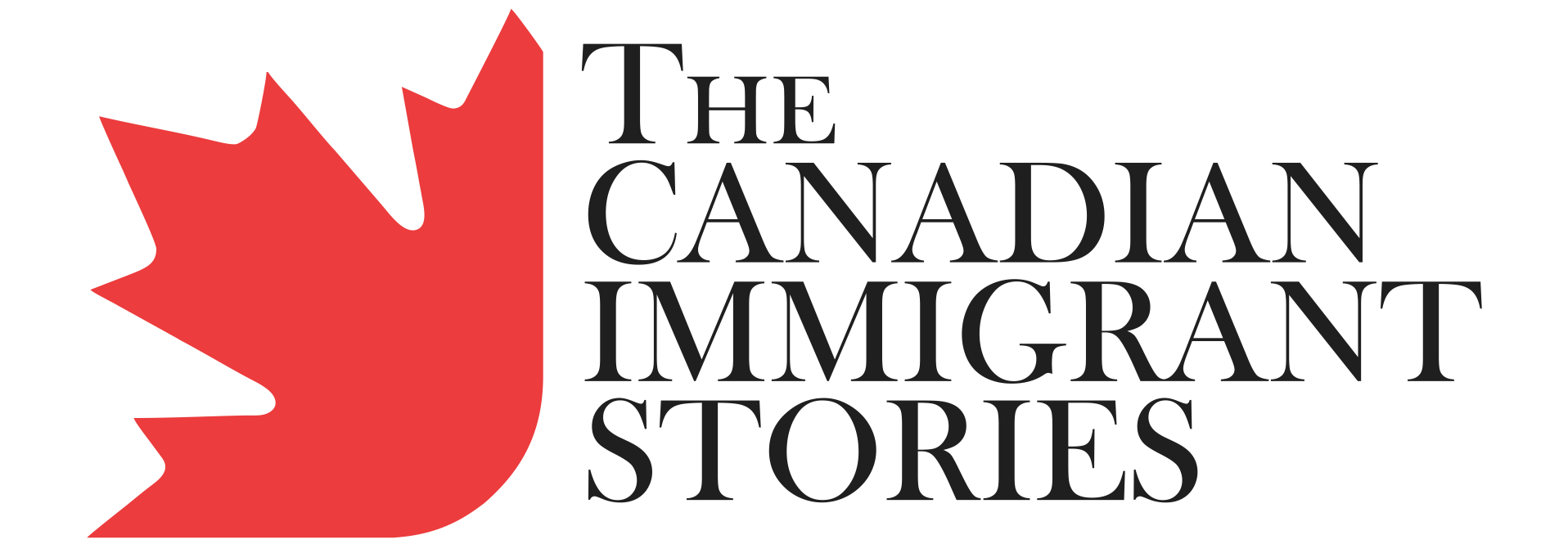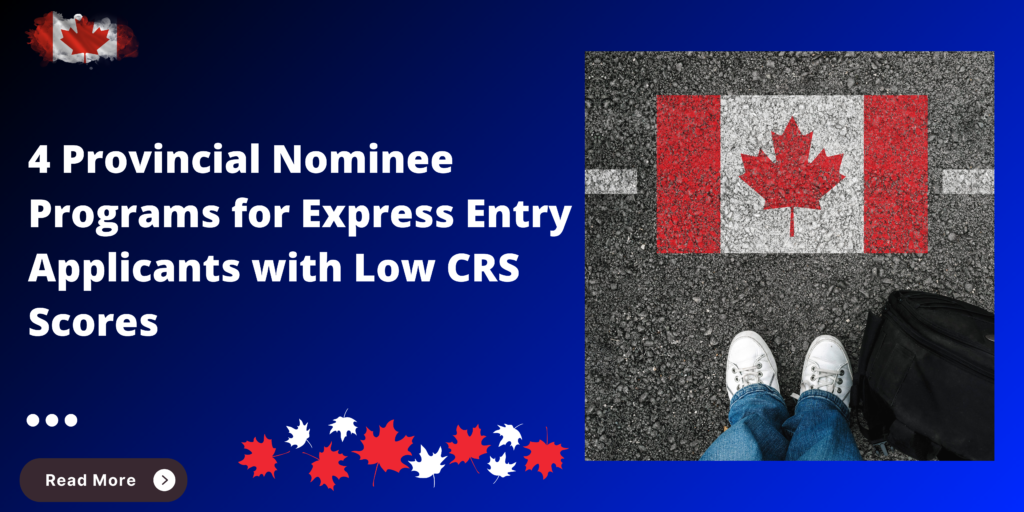Navigating Canada’s Express Entry system is often the top choice for skilled immigrants aiming for permanent residency. However, with a high Comprehensive Ranking System (CRS) score typically needed for an Invitation to Apply (ITA), many candidates with lower CRS scores find themselves at a standstill. Fortunately, Provincial Nominee Programs (PNPs) can provide a valuable alternative, offering pathways to boost your CRS score and secure an ITA.
In this guide, we’ll explore four Provincial Nominee Programs associated with Express Entry that are known for selecting candidates with lower CRS scores. We’ll break down the eligibility criteria, benefits, and drawbacks of each program, so you can find the best fit for your profile.
Understanding PNPs and Express Entry
The Provincial Nominee Program allows Canadian provinces and territories to nominate individuals for permanent residency based on their skills, work experience, and potential contributions to the local economy. Many provinces have specific streams aligned with the federal Express Entry system. When you receive a provincial nomination through one of these streams, you get an additional 600 CRS points, which almost guarantees an ITA in the next Express Entry draw.
Why Target PNPs with Low CRS Score Requirements?
For many Express Entry candidates, the CRS score is the biggest obstacle. Certain PNPs are designed to select candidates with lower CRS scores, focusing on specific skills, work experience, or provincial connections rather than just CRS numbers. Here are four notable PNPs where a lower CRS score might still land you a provincial nomination:
1. Ontario Immigrant Nominee Program (OINP) Express Entry Streams
OINP Human Capital Priorities Stream
- Eligibility Criteria:
- Active Express Entry profile
- Relevant work experience in eligible occupations
- Canadian Language Benchmark (CLB) of 7 or higher in English or French
- Educational qualifications equivalent to a Canadian bachelor’s degree or higher
- Pros:
- Targets specific occupations, which can be advantageous if your profession is in demand.
- CRS cutoff score has been as low as 352 in 2024.
- No job offer required.
- Cons:
- Competitive with fluctuating cutoff scores.
- Higher application fees.
OINP French-Speaking Skilled Worker Stream
- Eligibility Criteria:
- Active Express Entry profile
- Minimum CLB 7 in French and CLB 6 in English
- Work experience in skilled occupations (NOC TEER 0, 1, 2, or 3)
- Canadian degree or equivalent
- Pros:
- Focuses on French-speaking candidates, reducing competition.
- CRS cutoff has been as low as 305.
- Cons:
- Requires bilingual proficiency.
2. British Columbia Express Entry Streams
BC PNP Express Entry Skilled Worker Stream
- Eligibility Criteria:
- Active Express Entry profile
- Valid job offer from a BC employer
- Work experience in the offered position
- CLB 7 or higher in English or French
- Pros:
- Faster processing due to Express Entry alignment.
- Opportunities for high-demand tech and healthcare professionals.
- Cons:
- Requires a job offer, which may be challenging to obtain.
- Competitive selection process.
BC PNP Express Entry International Graduate Stream
- Eligibility Criteria:
- Active Express Entry profile
- Valid job offer from a BC employer
- Degree or diploma from an eligible Canadian post-secondary institution within the last three years
- CLB 7 or higher in English or French
- Pros:
- Designed for recent graduates, easing qualification for those who studied in Canada.
- Faster processing due to Express Entry alignment.
- Cons:
- Requires a job offer.
- Limited to graduates from eligible Canadian institutions.
3. Alberta Advantage Immigration Program (AAIP) Express Entry Stream
Eligibility Criteria:
- Active Express Entry profile
- CRS score of at least 300 points
- Demonstrated ties to Alberta or work experience in an occupation that supports Alberta’s economic development
- Pros:
- Low CRS score requirement, making it accessible to a broader pool of candidates.
- Focus on occupations that support Alberta’s growth.
- Cons:
- Invitation-only program, meaning you cannot apply directly.
- Selection criteria can be vague, and the program often invites candidates from specific sectors like healthcare.
4. Nova Scotia Nominee Program (NSNP) Express Entry Streams
Nova Scotia Demand: Express Entry Stream
- Eligibility Criteria:
- Active Express Entry profile
- At least one year of skilled work experience in targeted occupations
- Minimum CLB 7 in English or French
- Educational credentials equivalent to a Canadian high school diploma or higher
- Pros:
- No job offer required, increasing accessibility.
- Periodically targets in-demand occupations.
- Cons:
- Highly competitive with limited nominations.
- Occupation list and selection criteria can change.
Nova Scotia Experience: Express Entry Stream
- Eligibility Criteria:
- Active Express Entry profile
- At least one year of work experience in Nova Scotia in a skilled occupation
- Minimum CLB 7 in English or French
- Pros:
- Prior work experience in Nova Scotia provides a significant advantage.
- No specific CRS score requirement.
- Cons:
- Requires previous work experience in Nova Scotia.
- Fewer spots available.
Conclusion
For Express Entry candidates with lower CRS scores, Provincial Nominee Programs offer a valuable pathway to permanent residency in Canada. Each PNP—Ontario, British Columbia, Alberta, and Nova Scotia—has unique eligibility criteria and requirements, but targeting the right program based on your skills, language abilities, and regional ties can greatly enhance your chances of receiving a provincial nomination.
Keep up to date with each province’s nomination trends and draw patterns, as these can impact your application. With the right strategy, you can leverage these PNPs to overcome the CRS score hurdle and achieve your Canadian immigration goals.



